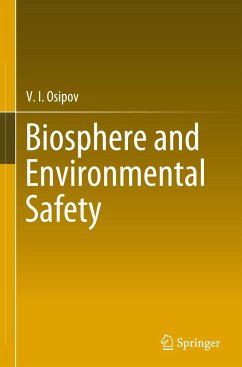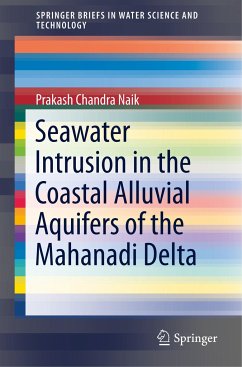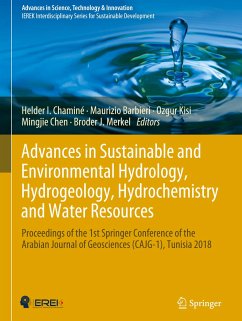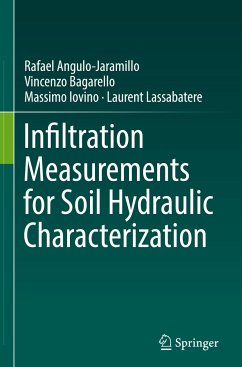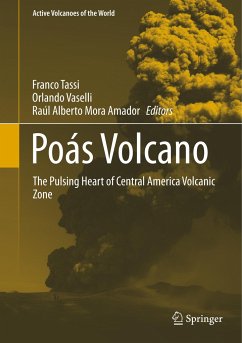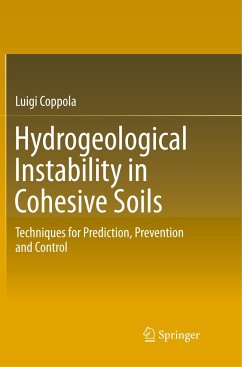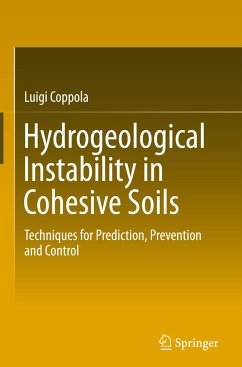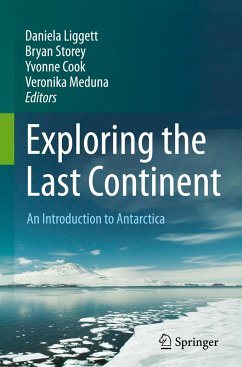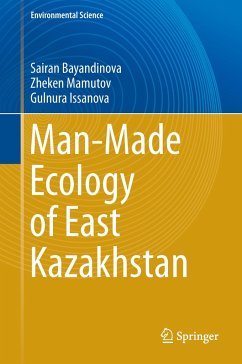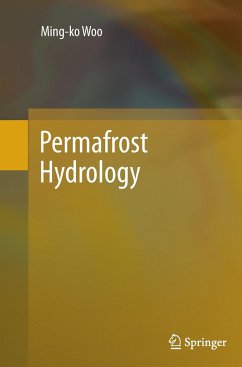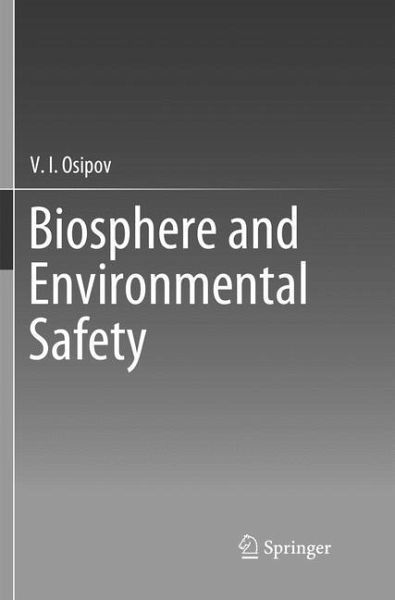
Biosphere and Environmental Safety
Versandkostenfrei!
Versandfertig in 6-10 Tagen
76,99 €
inkl. MwSt.
Weitere Ausgaben:

PAYBACK Punkte
38 °P sammeln!
This book analyses the state of the natural environment and the causes of its degradation using the biosphere approach. Further, those issues that must be resolved immediately on the global level are identified following the ideas defined by V.I. Vernadsky, and new principles of Man-Nature interaction are pursued.The modern world currently faces three global trends inducing biosphere degradation and the aggravation of ecological hazards, namely: a) rapid and uncontrolled growth of human population on the Earth and insufficient natural resources to sustain it; (b) technogenesis development; and...
This book analyses the state of the natural environment and the causes of its degradation using the biosphere approach. Further, those issues that must be resolved immediately on the global level are identified following the ideas defined by V.I. Vernadsky, and new principles of Man-Nature interaction are pursued.
The modern world currently faces three global trends inducing biosphere degradation and the aggravation of ecological hazards, namely: a) rapid and uncontrolled growth of human population on the Earth and insufficient natural resources to sustain it; (b) technogenesis development; and (c) global climate change and the aggravation of natural disasters. Ecological safety and military security are becoming the crucial conditions for the survival of modern civilization. To mitigate the ecological strain on the Earth, the technogenesis strategy should be changed and many other pressing issues must be resolved. These problems should be addressed using the biosphere approach, because the individual human being is the biosphere constituent, and his or her safety cannot be provided without maintaining the entire natural system on our planet.
The modern world currently faces three global trends inducing biosphere degradation and the aggravation of ecological hazards, namely: a) rapid and uncontrolled growth of human population on the Earth and insufficient natural resources to sustain it; (b) technogenesis development; and (c) global climate change and the aggravation of natural disasters. Ecological safety and military security are becoming the crucial conditions for the survival of modern civilization. To mitigate the ecological strain on the Earth, the technogenesis strategy should be changed and many other pressing issues must be resolved. These problems should be addressed using the biosphere approach, because the individual human being is the biosphere constituent, and his or her safety cannot be provided without maintaining the entire natural system on our planet.





